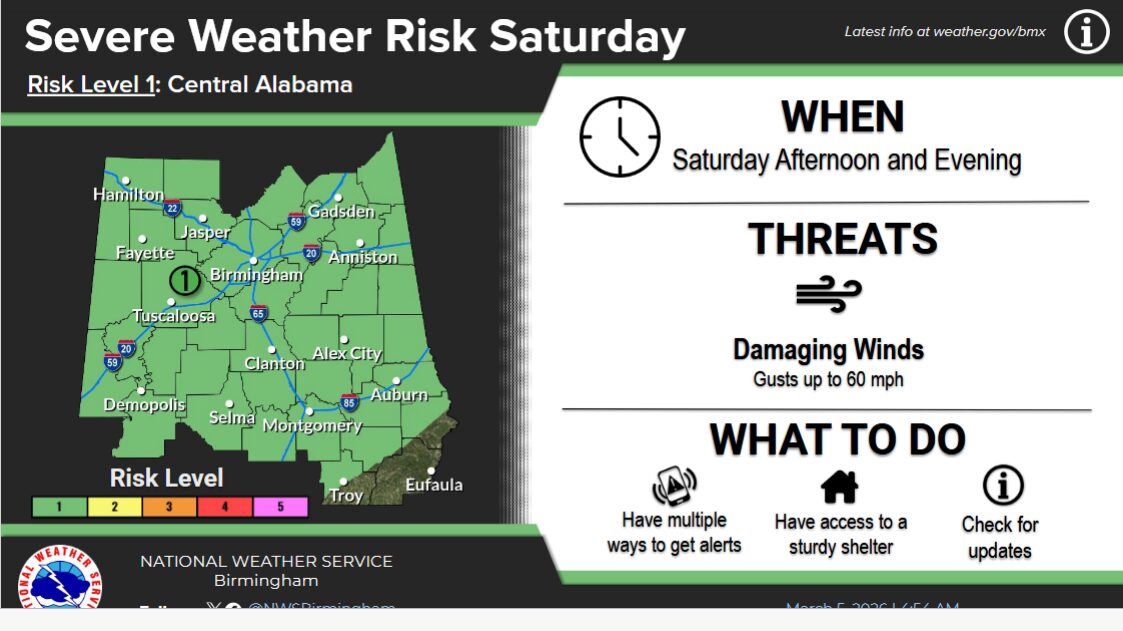.png)
(MADISON, WI) — — A number of high-profile Democratic governors are ready to fight — ardently throwing support behind their colleagues who have said they will draw new Congressional maps to favor Democrats before the 2026 midterm elections in order to directly counter Texas Republicans’ moves to do the same for their party.
Texas GOP lawmakers just this week released their first draft of the state’s new congressional map that could flip three to five Democratic seats in next year’s midterms.
On Thursday, California Gov. Gavin Newsom promptly responded, saying he’d spoken with state legislators and members of Congress about holding a special statewide election on Nov. 4 for Californians to vote on new congressional maps — ones that would likely favor Democrats.
Convening later in the week for a summer policy retreat on the shores of Madison, Wisconsin, a number of leading Democratic governors have backed Newsom and any other blue state leaders who are taking an offensive position on redistricting.
The Democrats each did so reluctantly, calling Texas Republicans’ efforts “unconstitutional” and “un-American” with hopes that the courts intervene before any new maps steered by either party are implemented. In the meantime, they said it’s time to fight against the Trump-championed GOP redistricting, especially now that other Republican-led states, including Missouri, might follow suit.
“That is so un-American, and it’s a constant threat to our democracy,” Wisconsin Gov. Tony Evers said about Republican proposals. “So I’m really pissed, frankly, and we are going to do whatever we can do to stop this from happening.”
Gov. Laura Kelly of Kansas, the Chair of the Democratic Governors Association, explicitly got behind Newsom, Kathy Hochul of New York, JB Pritzker of Illinois and any other governors who are weighing counteraction through special elections, special sessions or additional means of redrawing congressional maps.
“I have never believed in unilateral disarmament, and so while I may not want to participate in certain activities, if I have to, in order to level the playing field, I would support my Democratic colleagues who decide to answer in kind,” Kelly said in an interview.
“If the other side is going to pursue this, regardless of the obvious unconstitutionality of it, then I don’t think we have any other choice but to go there. You just don’t go to the front lines without your bullets,” Kelly said.
Kelly said her strong “preference” would still be for courts to intervene. “In fact, it might actually work to our benefit, you know, to play like this. Okay, we’ll play this game too, and we all go to court.”
Then, Kelly said, “we all lose.”
The process of redistricting could prove to be an uphill battle for Democrats, who have less of an opportunity to gerrymander nationwide than their peers across the aisle because of the varied rules of each state.
It’s the responsibility of partisan legislatures in many Republican-led states to draw the boundaries of all electoral districts. Many more Democratic states use independent citizen-redistricting commissions — a practice used to maintain fairness and combat gerrymandering.
“I do worry,” Minnesota Gov. Tim Walz said during the press conference in Madison, about the outcome for Democrats if they decide to get in the redistricting fight.
But, Kelly jumped in, “there’s a bigger risk in doing nothing.”
“You know, we can’t just let this happen and act like it’s fine and hope that the courts fix it. We have no idea, quite honestly, at this point, what the courts might do, but by virtue of us responding in kind, we do send a message,” Kelly added. “We will put up a fight.”
Evers, who campaigned for governor twice on ending gerrymandering in Wisconsin — culminating with their Supreme Court’s decision to strike down the state’s non-contiguous state legislative maps as unconstitutional — said that Wisconsin would not be making any changes to their maps. Other states, though, who may be “up against the wall” should make modifications, Evers said.
“We’re not changing our maps. Here in the state of Wisconsin, we worked hard to get fair maps, and we’re going to continue to do so … in my heart of hearts, this is where we have to be. But when … you have a gun against your head, you got to do something,” Evers said.
Govs. Kelly, Walz, and a number of other Democratic governors also said they’d steer clear of redrawing their maps this cycle, either because they lead predominantly Republican states or because their redistricting processes wouldn’t allow for a swift process to combat current GOP efforts.
The idea of retaliating against Republicans on the matter of redistricting is a notable shift in strategy for Democrats, who have long touted their reverence for “playing by the rules” on constitutional issues.
For years, Democrats have championed independent redistricting and rules meant to encourage fairer maps are now holding them back in some areas and making it more challenging for them in certain districts.
“Democrats are expected to have the decorum. We’re expected to protect the institution. We’re expected to follow the rules on this,” Walz said, saying time for the party to go aggressively on offense to combat the Trump administration.
“We’re not playing with a normal administration. We’re playing one that is throwing all the rules out of there, and if the courts that he has packed aren’t going to do that, then I think it is incumbent upon states that have the capacity or the ability to make sure that we are responding in kind,” said Walz. “It is a terrible spot we’re in as a country, but not responding is going to make it even worse.”
Copyright © 2025, ABC Audio. All rights reserved.



